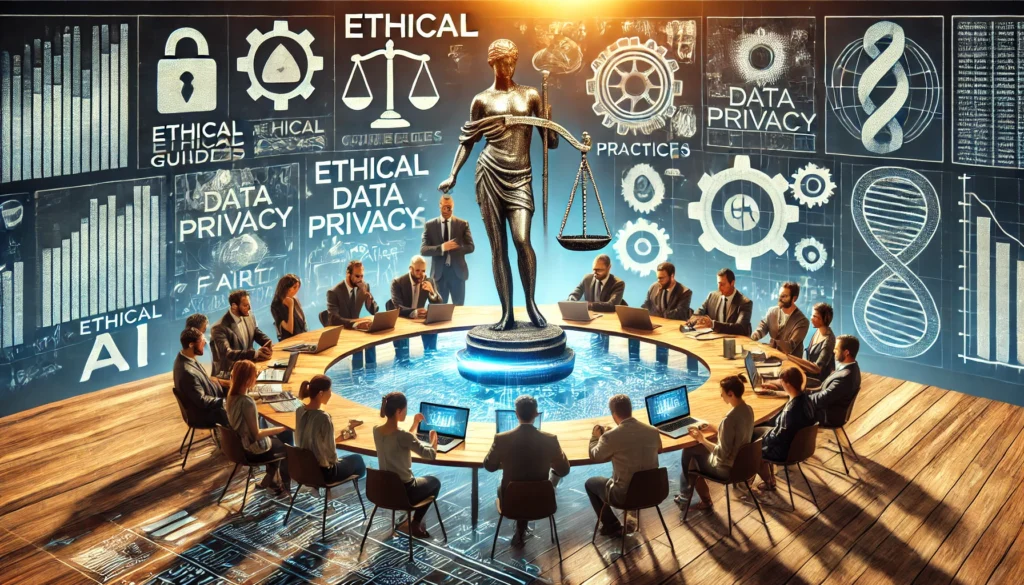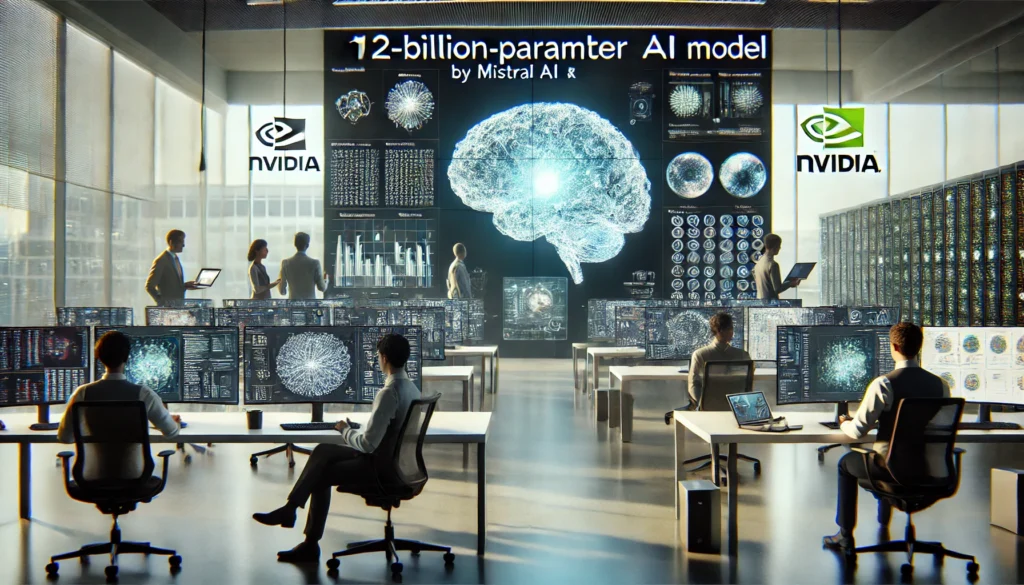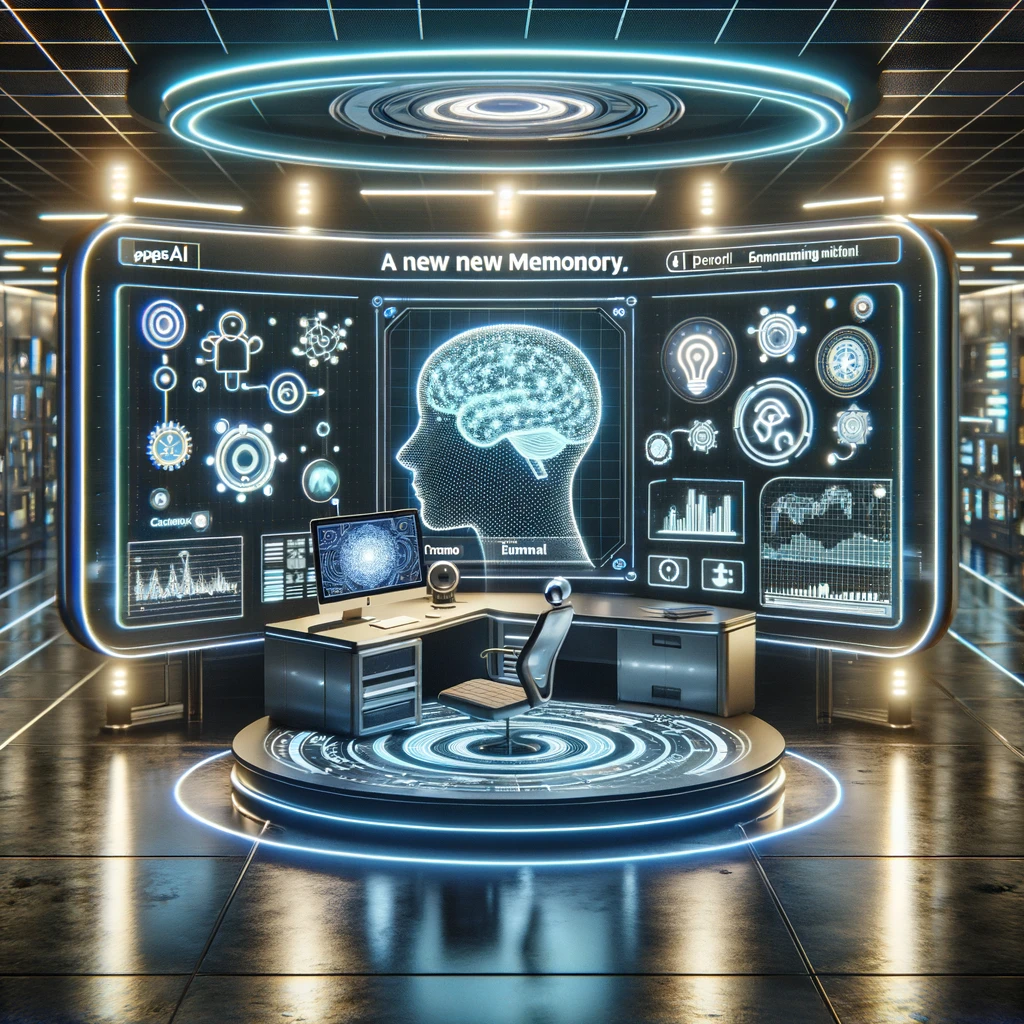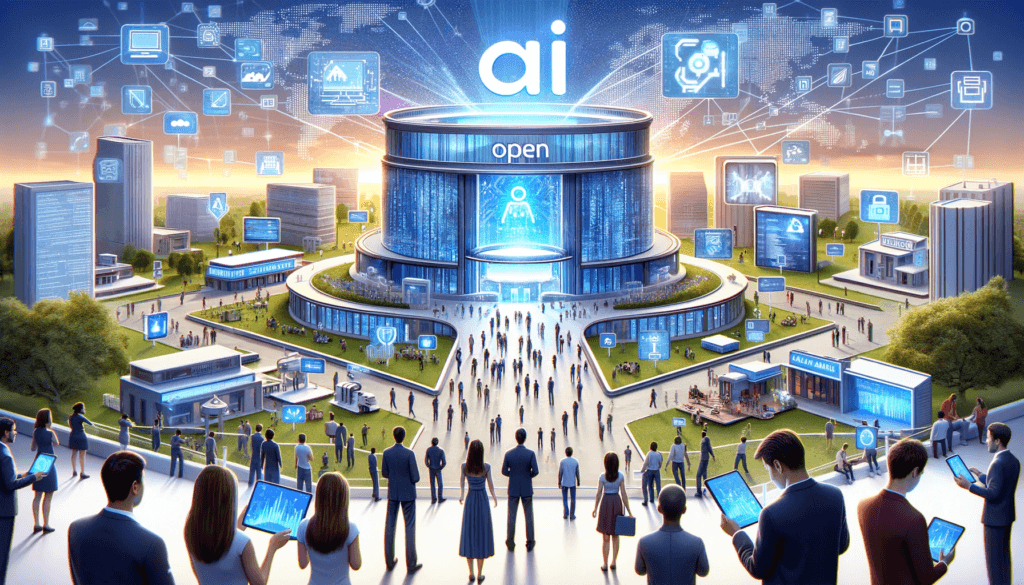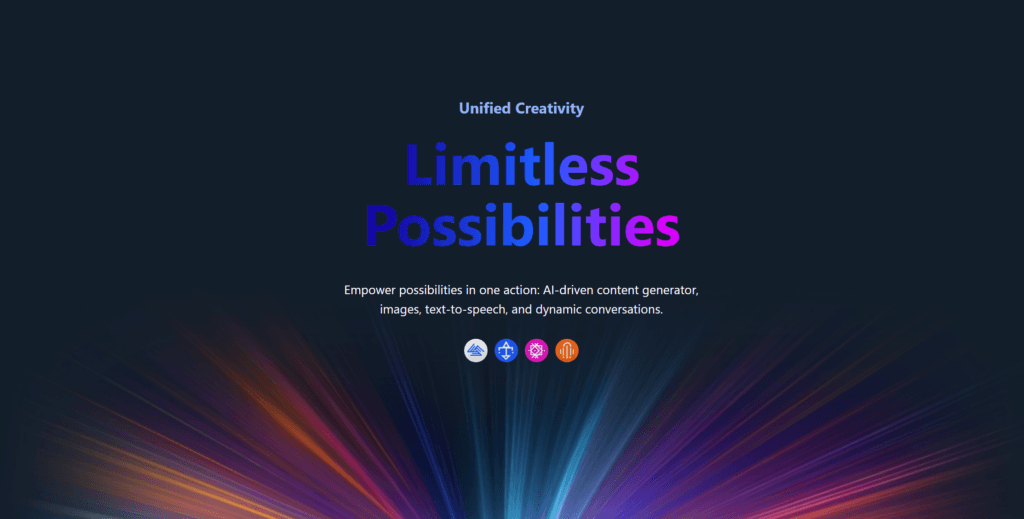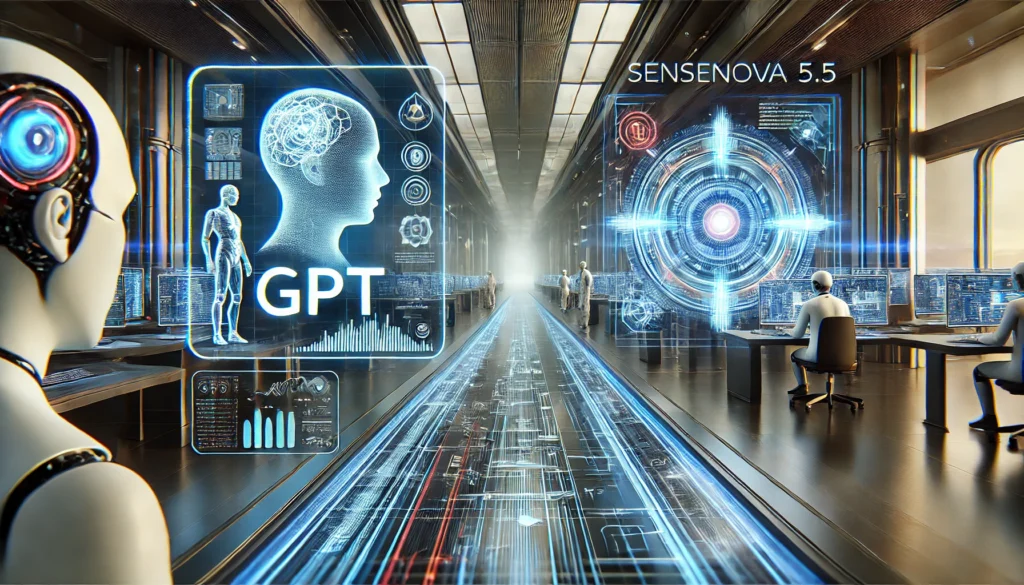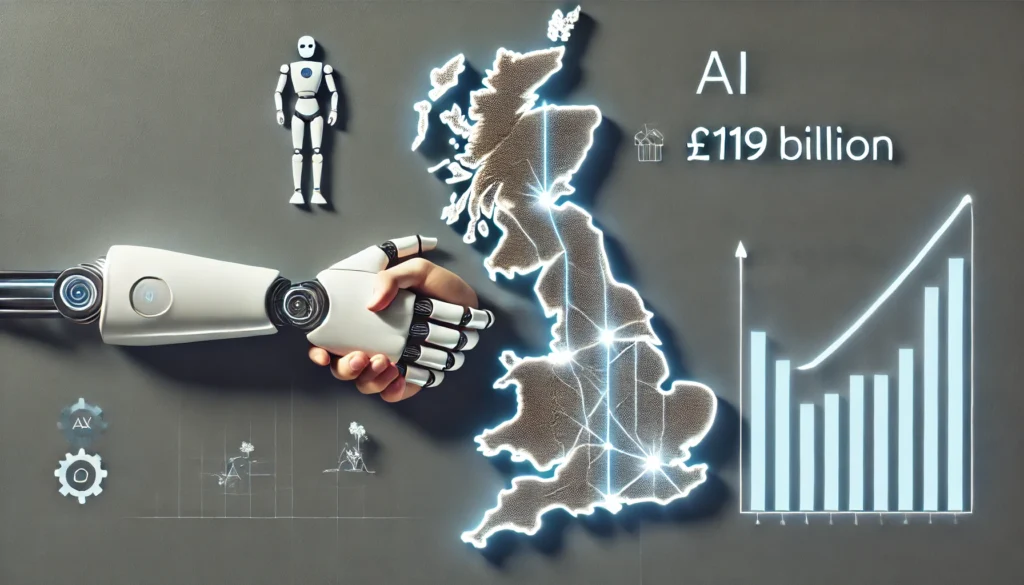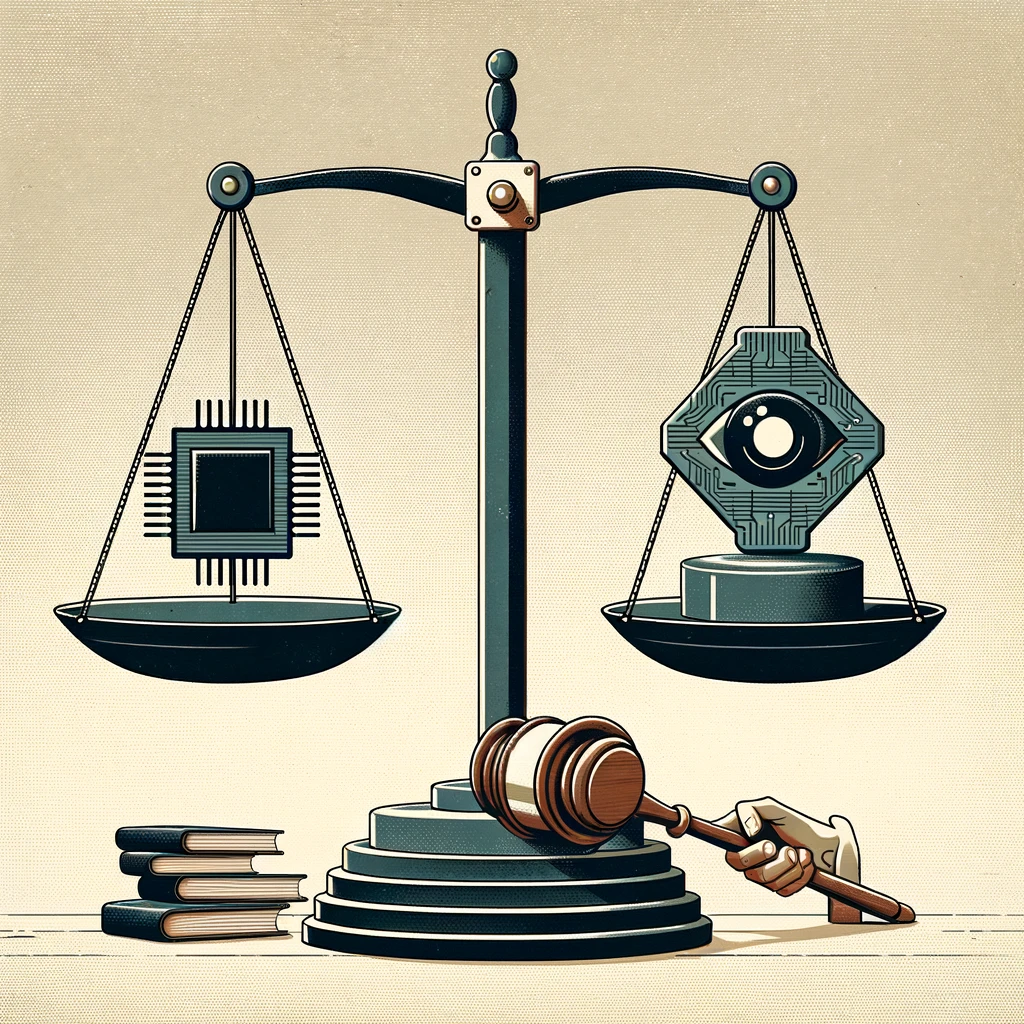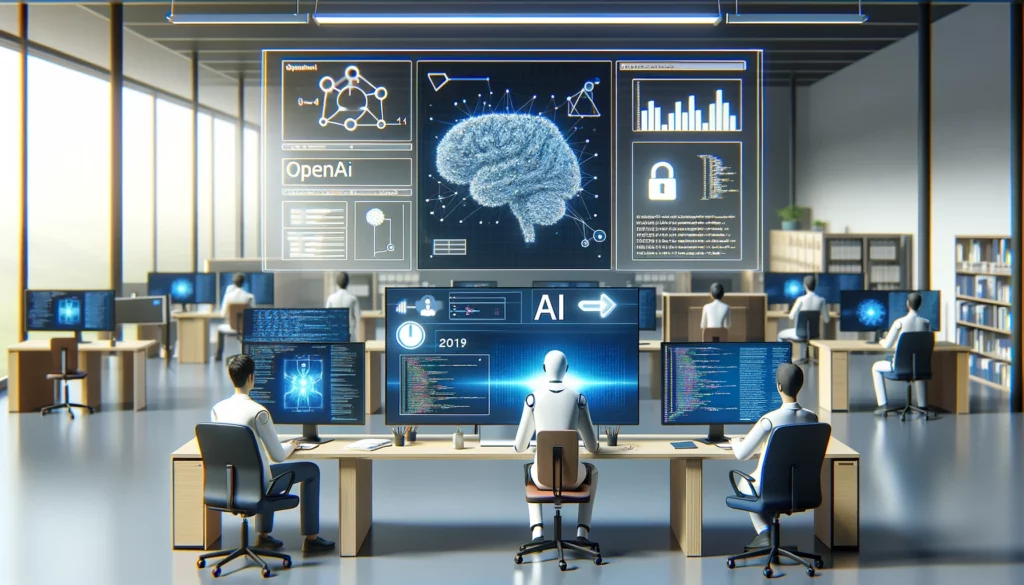Bridging Code and Conscience: UMD’s Quest for Ethical and Inclusive AI
Bridging Code and Conscience: UMD’s Quest for Ethical and Inclusive AI
As artificial intelligence (AI) continues to weave itself into the fabric of decision-making processes across various sectors, the need for ethical and inclusive AI frameworks has never been greater. The University of Maryland (UMD) is at the forefront of addressing this pressing challenge by uniting interdisciplinary teams of researchers focused on navigating the complex intersections of machine learning, normative reasoning, and socio-technical systems. This quest goes beyond technology; it addresses fundamental questions about human rights, bias, and societal impact, especially in high-stakes fields like hiring practices and disability inclusion.
In this exploration, UMD researchers are pioneering innovative methodologies that blend the rigor of philosophy with the technical prowess of computer science. Their work is essential not only for creating AI that operates transparently and responsibly but also for ensuring that it serves to uplift, rather than marginalize, vulnerable populations. The stakes are high—understanding how AI systems impact our lives is crucial for fostering empathy and accountability in a landscape increasingly dominated by automated decision-making. Join us as we delve into the multifaceted approaches being developed at UMD and discover how they could shape a more ethical future for AI technologies.
Understanding Normative AI
At the heart of UMD’s pursuit of ethical AI lies the critical endeavor to imbue these systems with a normative understanding of the world. Normative AI emphasizes the necessity for artificial intelligence to grasp ethical and legal norms that govern human behavior. This understanding is essential as AI systems begin to influence decisions that impinge on human rights and individual welfare.
Ilaria Canavotto’s research traverses two significant approaches to elevate AI’s normative understanding effectively. The traditional top-down approach entails programming explicit operational rules into AI, a task rendered increasingly complex by the diverse and evolving real-world situations AI encounters. Conversely, the bottom-up approach leverages machine learning to derive rules about the world based on data patterns. While adaptive, this approach raises significant concerns about transparency and interpretability. Consequently, UMD’s interdisciplinary teams are championing a hybrid methodology that synthesizes both strategies, enhancing AI’s ability to learn while also maintaining clarity about decision-making processes.
AI in Hiring Practices: A Double-Edged Sword
The implementation of AI in hiring is a powerful illustration of its potential and pitfalls. Vaishnav Kameswaran’s research sheds light on how these systems can inadvertently perpetuate discrimination, especially against candidates with disabilities. Many AI-driven hiring platforms hinge their assessments on normative behavioral cues—elements like eye contact and other physical expressions—that can unfairly disadvantage individuals with disabilities.
This bias raises existential questions about fairness and inclusivity in employment structures designed to foster diversity. The insights gleaned from Kameswaran’s investigations highlight the urgent need for companies to reconsider reliance on narrow behavioral metrics and recalibrate their algorithms to eliminate exclusionary practices. By doing so, organizations can work towards AI-mediated hiring processes that are not merely efficient but fundamentally equitable.
Addressing Broader Ethical Concerns
Both Canavotto and Kameswaran acknowledge that the ethical dynamics surrounding AI are extensive and demand holistic scrutiny. Key concerns include data privacy, transparency, and the societal implications of algorithmic decision-making. In today’s digital landscape, personal data is frequently collected with weak consent mechanisms, leaving individuals unaware of how their information is employed. Kameswaran’s experiences in India illustrate the challenge: many vulnerable populations were caught in the web of unconsented data usage during times of crisis like the COVID-19 pandemic.
Moreover, the call for transparency in AI systems extends far beyond technical issues. It encourages public dialogue about algorithmic accountability and ethical data usage. The notion that technical solutions alone can remedy systemic issues of bias and discrimination is misguided. A concerted effort must be made to foster more inclusive societal attitudes towards marginalized groups, coupled with interdisciplinary collaboration across fields such as computer science, philosophy, and social sciences.
The Intersection of Technology and Social Justice
UMD’s interdisciplinary initiatives embody the intersection of technology and social justice. The researchers understand that ethical AI is not only about algorithms but also about understanding the social implications of technology deployment. The ethical landscape formed by AI is complex, compounded by the intersectionality of race, gender, and socio-economic status. Thus, efforts to campaign for ethical AI must encompass advocacy for broader systemic changes.
Through collaborative research, UMD seeks to amplify the voices of those affected by AI systems and to address the ethical ramifications of technology head-on. For instance, the development of audit tools aimed at evaluating AI hiring systems could empower advocacy groups to challenge discriminatory practices and advocate for inclusivity, ultimately steering organizations towards more equitable outcomes.
Future Directions: Building Ethical AI Frameworks
The collaborative work at UMD signals a shift towards creating robust frameworks for ethical AI development. Canavotto and Kameswaran’s focus on blending philosophical inquiry with empirical research is paving the way for AI systems that are not only efficient but also morally responsible. This entails employing methodologies that ensure AI can navigate complex societal norms while remaining transparent in its decision-making processes.
The potential solutions extend beyond technological innovations. A comprehensive approach emphasizing policy updates is crucial, particularly for adjustments in legislation, such as the Americans with Disabilities Act, which presently does not adequately account for the unique challenges posed by AI systems in hiring contexts. Legislative frameworks must evolve in step with technological advancements to safeguard against discrimination and unethical practices.
Engaging the Public on AI Awareness
Awareness and public engagement are crucial in cultivating a society that is informed about the consequences of AI technologies. The importance of educating individuals about data privacy and the implications of their digital footprints cannot be overstated. Educational initiatives should aim to demystify AI for the public, ensuring that individuals understand their rights regarding personal data use and how AI systems fundamentally operate.
As Canavotto implies, organizations may possess incentives that obscure how they utilize personal data. Addressing these issues requires a proactive public discourse, demanding transparency from corporations to reinforce trust and accountability in AI deployment. Efforts to boost AI literacy can empower citizens to critically engage with technology, ensuring that AI advancements are met with vigilant oversight.
Fostering Collaboration for Ethical AI
Ultimately, the collaborative efforts at UMD highlight the intricate tapestry of interdisciplinary research necessary to address the pressing ethical dilemmas posed by AI technologies. By merging theoretical frameworks with practical applications, these researchers are setting a precedent for future AI innovations that prioritize ethical considerations, inclusivity, and social justice.
Through academia, policymakers, and industry practitioners working in unison, the potential for realizing equitable AI systems is within reach. By emphasizing transparency, societal responsibility, and comprehensive understanding, we can chart a future where AI uplifts society rather than marginalize it.
Shaping a Responsible AI Future
The journey towards ethical and inclusive artificial intelligence is not merely a technological evolution; it embodies a societal imperative that knits together justice, accountability, and empathy. As the University of Maryland leads the charge in exploring and addressing the myriad dimensions of AI’s impact, it sets a valuable example for institutions worldwide. The integration of philosophical inquiry with empirical research paves the way for AI systems that consider human rights and the complexities of social equity.
By prioritizing ethical considerations in AI frameworks, UMD not only addresses immediate concerns like algorithmic bias in hiring but also encourages a broader dialogue on the implications of data privacy and transparency. As the intersection of technology and social justice becomes increasingly vital, the collaborative efforts undertaken demonstrate that genuine progress hinges on a dedicated commitment to fostering advocacy, policy changes, and public awareness.
As we advance, it is essential for stakeholders in academia, industry, and government to join forces in cultivating a deeper understanding of AI’s societal implications. An informed public will be crucial in demanding accountability from AI developers, ensuring that technologies evolve in alignment with our fundamental values. Embracing this vision opens the door to a future where AI not only drives innovation but also serves humanity equitably and ethically.

















